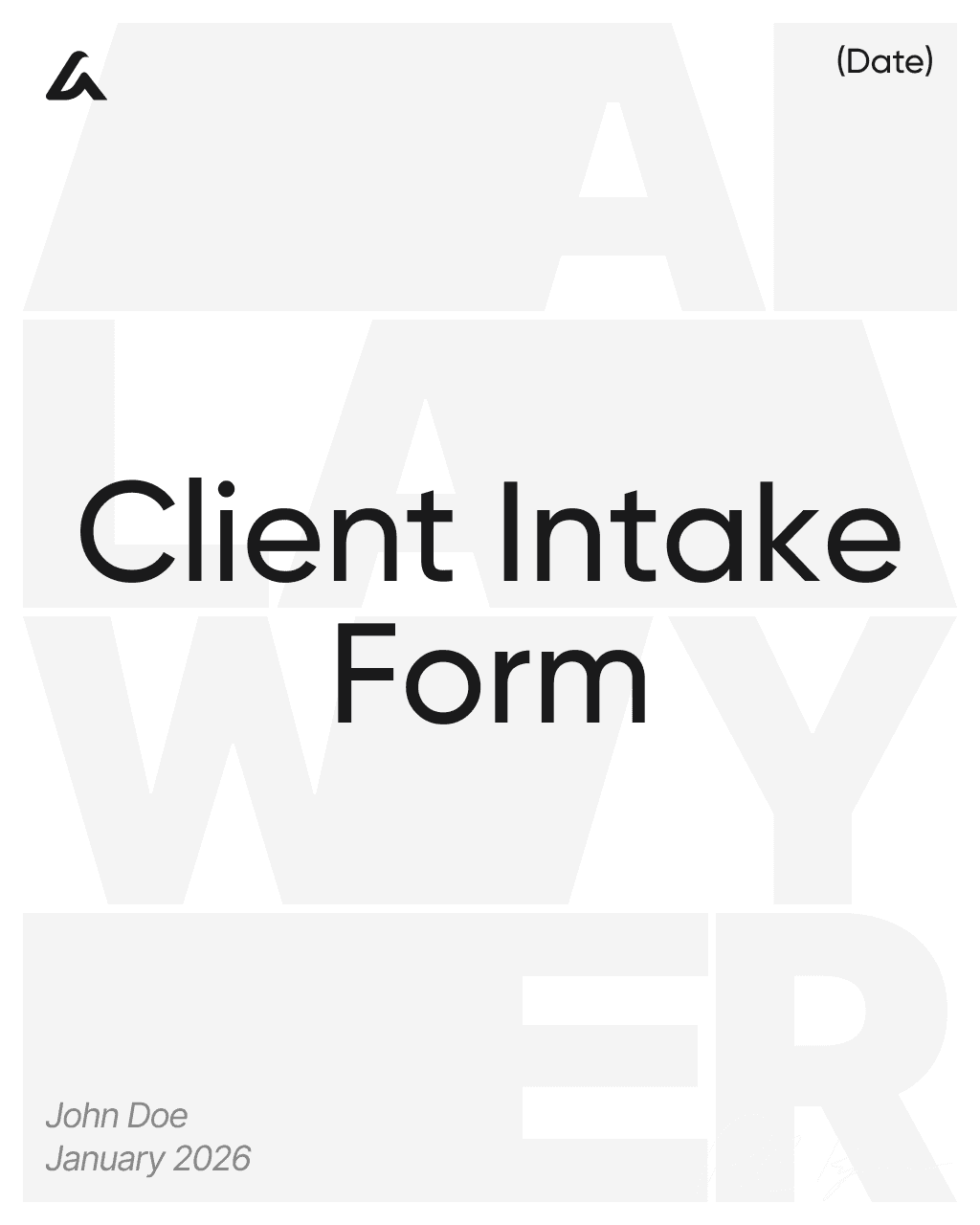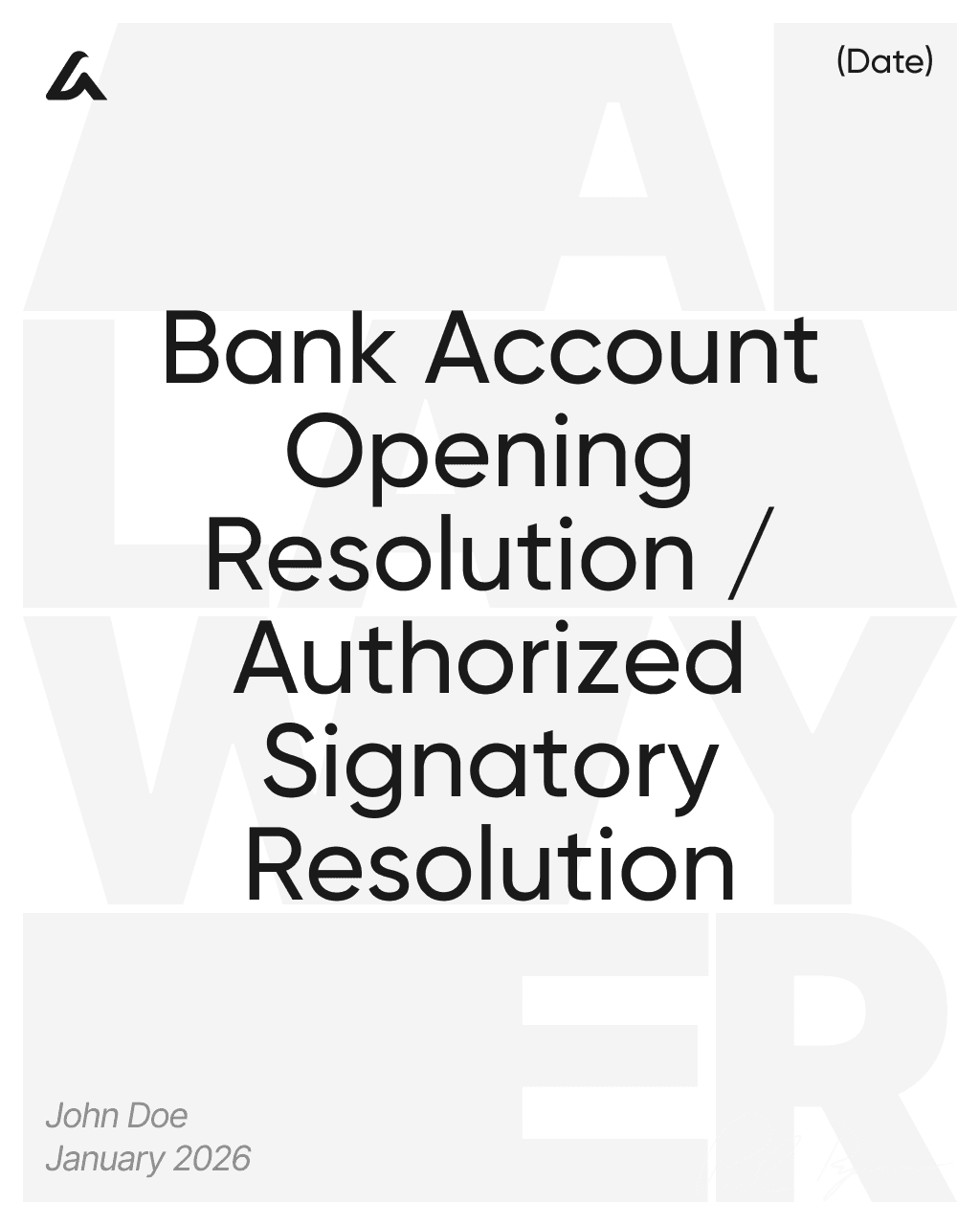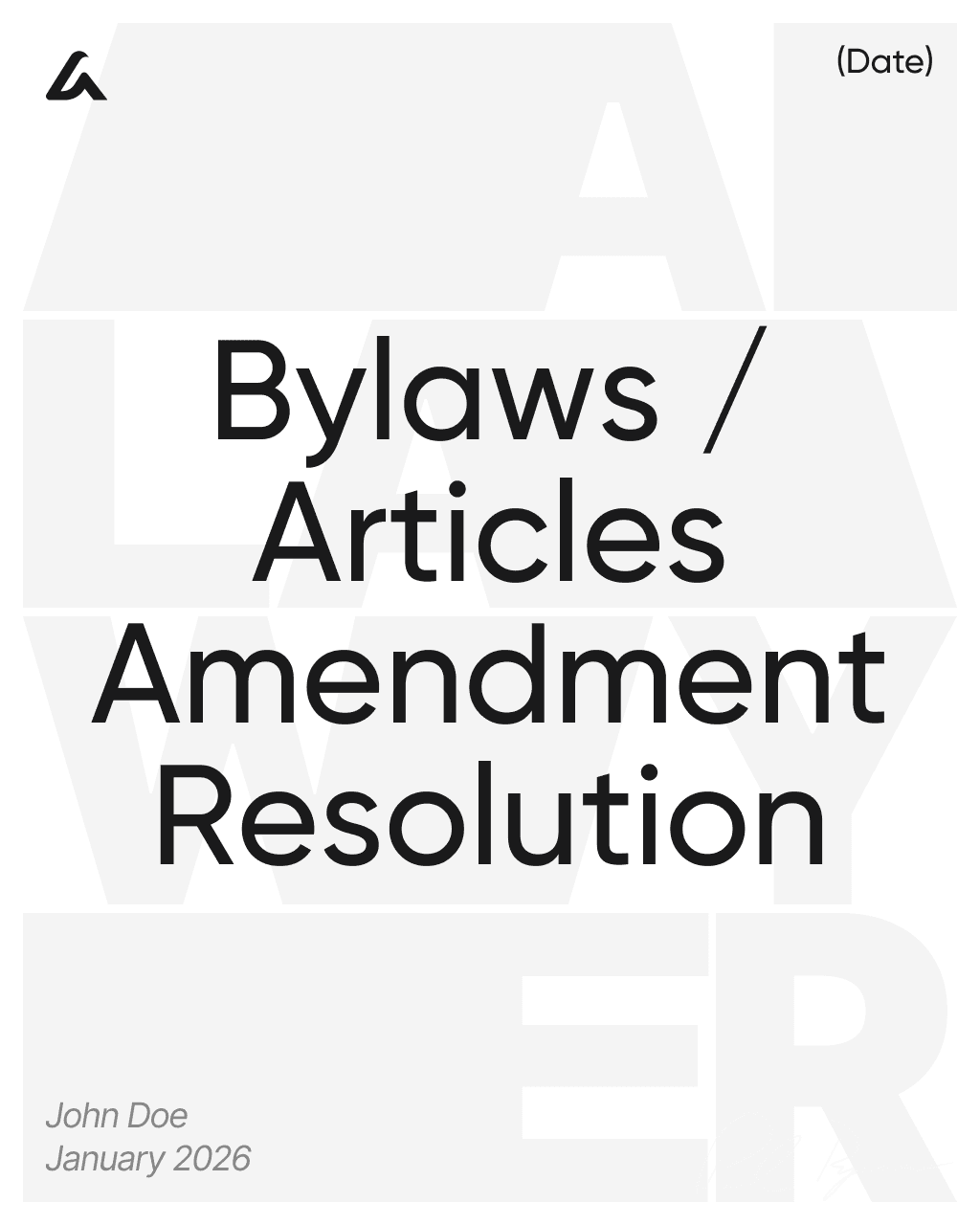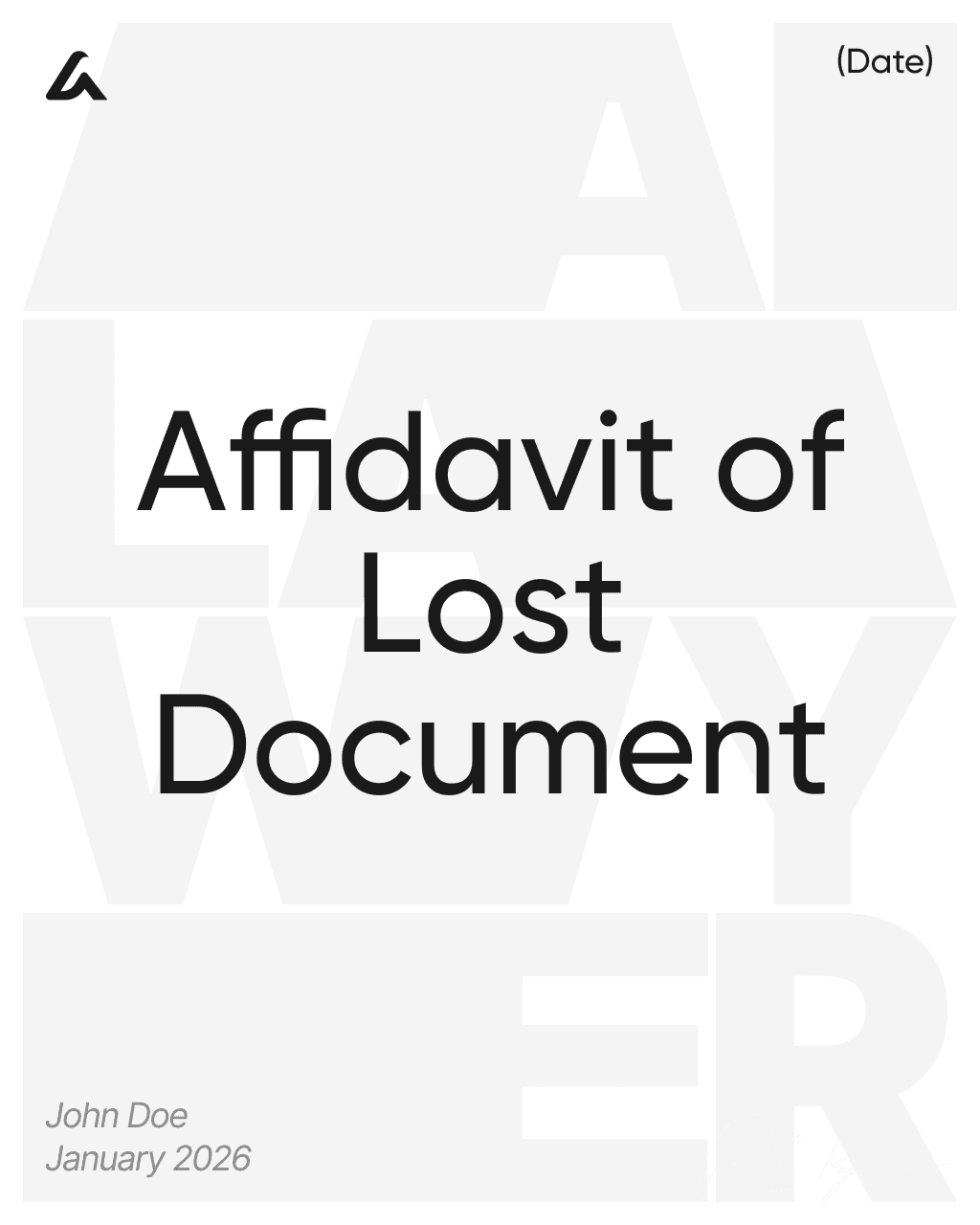Free template
Business Sale Agreement Template: Asset Transfer & Price Illinois
Business Sale Agreement Template: Asset Transfer & Price Illinois
Download template
Business Sale Agreement
This Business Sale Agreement (“Agreement”) is entered into on [Date], by and between:
Seller: [Full Legal Name / Company Name], with a principal place of business at [Address], hereinafter referred to as the “Seller.”
Buyer: [Full Legal Name / Company Name], with a principal place of business at [Address], hereinafter referred to as the “Buyer.”
The Seller and the Buyer may be referred to individually as a “Party” and collectively as the “Parties.”
1. Agreement; Description of Business
Seller agrees to sell to Buyer the business identified as [Business Name] at [Business Address] with assets in Schedule A.
2. Purchase Price; Deposit; Closing Payment
Price: $[Amount]; Deposit: $[Amount] at signing; Balance: $[Amount] at Closing on [Closing Date]. Any adjustments or financing terms are set forth in Schedule B.
3. Asset Allocation; Tax Matters (if applicable)
The Parties will agree on an allocation of purchase price among assets for tax reporting, as set forth in Schedule C.
4. Assets and Exclusions; Liabilities
Included assets: see Schedule A. Excluded assets: Schedule D. Buyer assumes only liabilities in Schedule E.
5. Records; Confidentiality
Seller will deliver pertinent business records at Closing and maintain confidentiality regarding Buyer’s proprietary information.
6. Employees; Offers; Benefits
Buyer may extend offers to employees effective on Closing; Seller remains responsible for pre‑Closing wages/benefits.
7. Consents; Contract Assignments
Required third‑party consents and assignments are listed in Schedule F; Parties will cooperate to obtain them.
8. Representations and Warranties
Mutual authority; Seller’s title and absence of undisclosed liens; Buyer’s financial capacity. Additional statements may be included in Schedule G.
9. Indemnification; Survival; Limits
Indemnification applies for breaches; survival periods and caps/baskets are detailed in Schedule H.
10. Restrictive Covenants (optional)
Seller agrees to non‑competition and non‑solicitation for [Term] within [Geographic Area], as appropriate.
11. Governing Law; Venue; Entire Agreement
Governing law: [Illinois]; venue: courts of [County], Illinois. This Agreement with Schedules A–H is the entire agreement.
Signatures
Seller:
Signature: _______________________ Date: __________
Name/Title: ______________________
Buyer:
Signature: _______________________ Date: __________
Name/Title: ______________________
Flash deal
Flash deal
Today
Today
No time to fill it up? Generate your custom agreement with AI Lawyer in seconds
What’s Included
Legal Research
Legal Research
Legal Research
Contract Drafting
Contract Drafting
Contract Drafting
Document Review
Document Review
Document Review
Risk Analytics
Risk Analytics
Risk Analytics
Citation Verification
Citation Verification
Citation Verification
Easy-to-understand jargon
Easy-to-understand jargon
Easy-to-understand jargon
Details
Learn more about
Business Sale Agreement Template: Asset Transfer & Price Illinois
Click below for detailed info on the template.
For quick answers, scroll below to see the FAQ.
Click below for detailed info on the template.
For quick answers, scroll below to see the FAQ.
Illinois Business Sale Agreement FAQ
What is a Business Sale Agreement?
A Business Sale Agreement is a legally binding contract that sets the terms for transferring ownership of a business from the seller to the buyer. It clearly states what exactly is being sold — such as equipment, inventory, intellectual property, or customer contracts — and whether any liabilities or debts are included. The agreement also outlines the purchase price, payment method, and closing conditions, so both sides understand their obligations.
When to use a Business Sale Agreement?
You should use a Business Sale Agreement any time a business — or major parts of it — is being sold or transferred. This includes selling an entire business, specific assets, or even just the rights to operate under the current brand. It’s important whether the deal involves a large company or a small, privately-owned business.
Using a Business Sale Agreement ensures that both the buyer and seller clearly understand what is included in the sale, how and when payment will be made, and what each party is responsible for before and after the transaction. It helps prevent misunderstandings and protects both sides if any issues arise later.
What should be included in a Business Sale Agreement?
A Business Sale Agreement should include all important terms of the sale so that both parties are legally protected and fully understand the transaction. Key elements typically include:
Buyer and seller information — legal names, business addresses, and authorized representatives
Description of what is being sold — specific assets, inventory, intellectual property, customer lists, equipment, or goodwill
Purchase price and payment terms — total price, due dates, deposit, and payment method
Transfer date — when ownership officially changes hands and who is responsible for the business before and after closing
Liabilities and debts — whether the buyer is taking over any business obligations
Representations and warranties — assurances about the business’s financial condition and legal compliance
Confidentiality and non-compete terms — protecting the value of the business after the sale
Closing conditions — actions required before the deal can be finalized
Dispute resolution — what happens if a disagreement arises later
Signatures of both parties — making the agreement legally enforceable
Can a Business Sale Agreement be changed after signing?
Yes. A Business Sale Agreement can be changed after signing, but only if both the buyer and the seller agree to the modification in writing. Any change must be documented in an amendment that is signed by both parties to ensure it is legally enforceable.
You cannot simply update the contract verbally or make changes on your own — written consent is required to avoid disputes and to ensure that the updated terms are valid if the agreement is ever reviewed in court.
Is a Business Sale Agreement legally binding without notarization?
Yes. A Business Sale Agreement becomes legally binding as soon as both parties sign it, even without notarization, because the signatures show mutual agreement to the terms. Notarization isn’t usually required by law, but it can provide an extra layer of authentication and help prevent disputes about identity or signature validity in the future. Adding notarization can also make the document stronger evidence in court, if enforcement is needed.
Similar templates
Other templates from
Business Document
Money back guarantee
Free trial
Cancel anytime
AI Lawyer protects
your rights and wallet
Money back guarantee
Free trial
Cancel anytime
AI Lawyer protects
your rights and wallet
Money back guarantee
Free trial
Cancel anytime
AI Lawyer protects
your rights and wallet
Money back guarantee
Free trial
Cancel anytime





































































